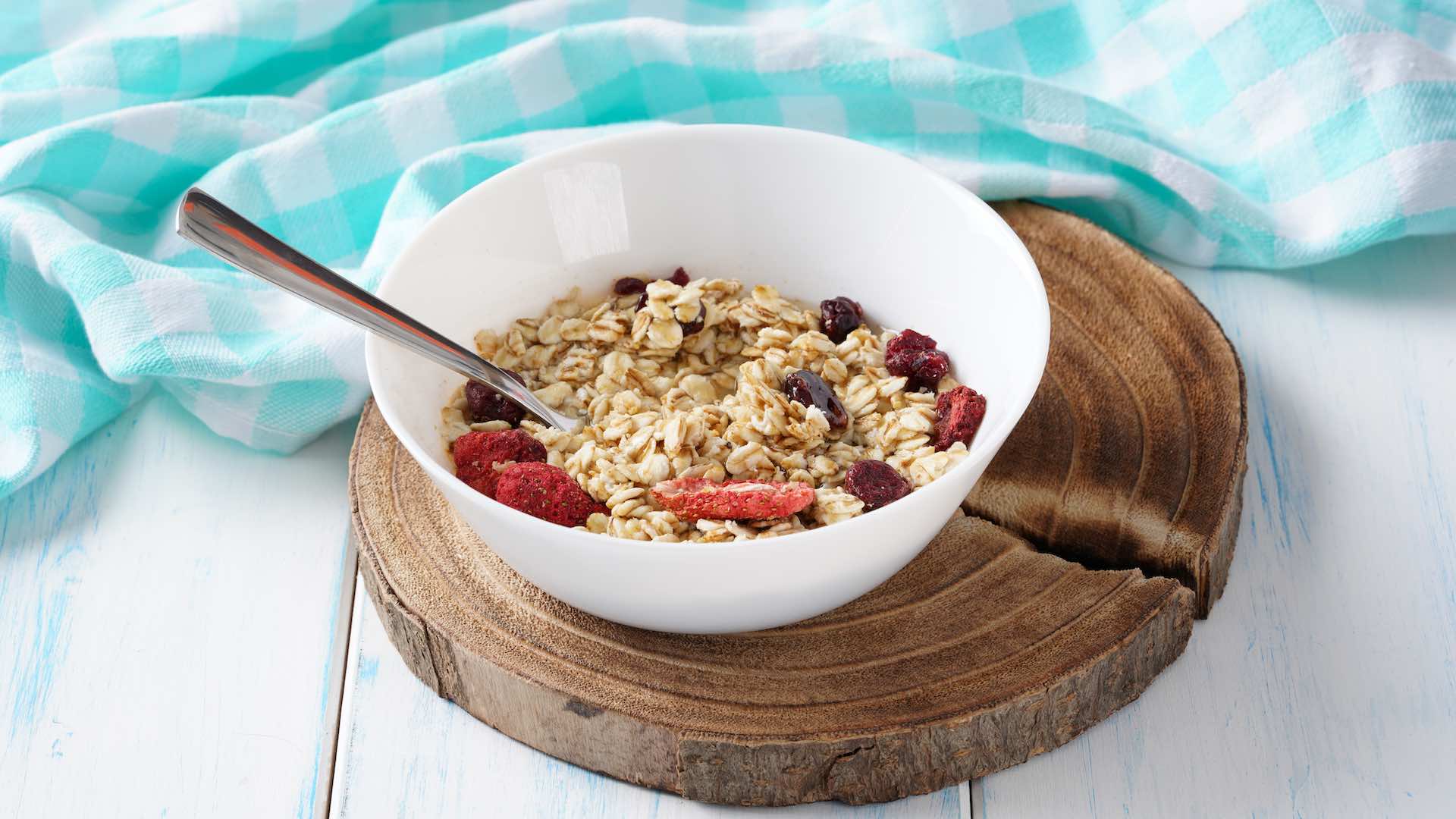In the intricate puzzle of diabetes management, carbohydrates often face unwarranted scrutiny. Contrary to popular belief, not all carbs are foes in the fight against diabetes. In fact, certain carbohydrates, often labeled as “bad,” play a pivotal role in a balanced diabetic diet. This article delves into the nuances of carbohydrate consumption for over 37 million Americans grappling with diabetes, as reported by the American Diabetes Association.

Diabetes, characterized by the body’s inability to efficiently utilize insulin, leads to elevated blood sugar levels. Amidst this scenario, the role of carbohydrates is often misconstrued. Carbohydrates are divided into two primary categories: simple and complex. Simple carbs, found in processed foods, are rapidly absorbed, spiking blood sugar levels. However, complex carbohydrates, rich in fiber and found in whole foods, are metabolized slower, ensuring a gradual release of energy and stabilizing blood sugar levels.
Potatoes: A Starchy, Fiber-Rich Choice
Potatoes, often categorized as ‘white carbs’ and thus avoided in diabetic diets, actually present significant benefits, especially when their skin is included. This starchy vegetable is not just a source of carbohydrates but also a rich provider of dietary fiber. According to USDA data, a medium baked russet potato contains about 4 grams of fiber. The presence of fiber, coupled with protein found in potatoes, can aid in maintaining healthy blood sugar levels, as highlighted in the 2022 edition of Advances in Food and Nutrition Research.

For individuals with diabetes, it’s advisable to consume potatoes in healthier forms such as baked, as opposed to deep-fried alternatives like french fries. This is particularly important considering the increased risk of heart disease associated with diabetes, as noted by the National Institute of Diabetes and Digestive and Kidney Diseases. The preparation method plays a crucial role in maximizing the health benefits while minimizing potential risks.
Pasta: A Slower Digesting Carb
Pasta, commonly perceived as a refined carbohydrate, has shown surprising benefits in terms of blood sugar response. A 2022 study published in the Journal of Nutrition observed that pasta, including varieties like spaghetti and penne, elicited a lower blood glucose and insulin response compared to bread or couscous. This outcome is attributed to the unique structure of pasta, which slows down its digestion process. The study’s findings also revealed that pasta required more chewing and resulted in larger particles post-digestion, which contributes to its slower absorption.
For those managing diabetes, portion control remains a key factor. A 2-ounce serving, approximately the size of a baseball, is recommended. The inclusion of pasta within the total carbohydrate intake, as suggested by 2019 data in the journal Nutrients, doesn’t necessarily worsen blood glucose control, fat gain, or cardiovascular risk factors when consumed in moderation.

Dried Fruit: Nutritious in Moderation
The consumption of dried fruit in a diabetes-friendly diet is often met with skepticism due to its perceived high sugar content. However, certain types of dried fruits, particularly those without added sugars, can be a nutritious inclusion. Prunes, for instance, offer several benefits. They are not only high in fiber but also have a low glycemic index, as per a 2019 study published in Nutrition Research. This means they have a lesser impact on blood sugar levels compared to high-glycemic foods. Additionally, prunes may improve insulin sensitivity, largely due to their high sorbitol content. Portion control is essential when incorporating dried fruits into a diabetic diet, ensuring that the sugar content doesn’t offset the benefits.
Carrots: Sweet Yet Beneficial
Carrots, often misjudged due to their natural sweetness, are actually a suitable vegetable for those with diabetes. Despite their sweet taste, carrots are not high in sugar content. A medium carrot provides about 2 grams of dietary fiber and only around 3 grams of natural sugar, as noted by USDA figures. The fiber content in carrots aids in blood sugar control. Moreover, carrots are a rich source of antioxidants and vitamins, particularly vitamin A, which contribute to overall health and well-being.

Cereal: Choosing the Right Kind
Cereal is a diverse food category ranging from sugar-laden varieties to whole-grain, fiber-rich options. For individuals with diabetes, selecting the right type of cereal is crucial. Cereals made with whole grains and free from added sugars are generally suitable. Oats, for example, contain a special type of fiber called beta-glucan, known for its ability to lower blood sugar and insulin levels. A 2021 meta-analysis in the Journal of Nutrition linked the consumption of oat flakes to significant reductions in post-meal blood glucose. When consuming cereal, adding flaxseed, chia seeds, or nuts can further enhance its nutritional value, adding more fiber, healthy fats, and protein to support blood glucose control.
In Summary
Carbohydrates, often unjustly vilified in the context of diabetes, can play a beneficial role when chosen and consumed judiciously. Complex carbohydrates, in particular, offer significant advantages in maintaining blood sugar levels when integrated into a balanced diabetic diet. It’s important to note that individual dietary needs can vary, and consultation with healthcare providers is essential to tailor dietary choices to personal health requirements.